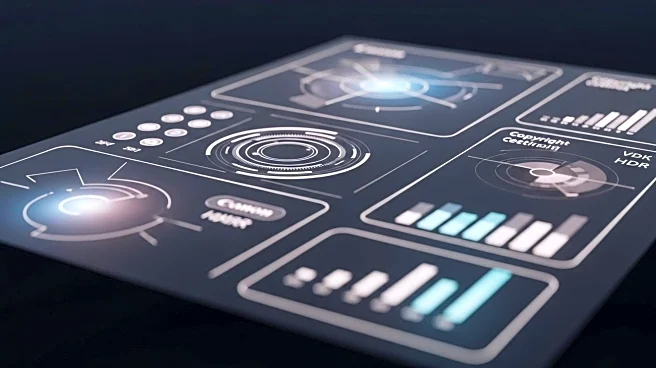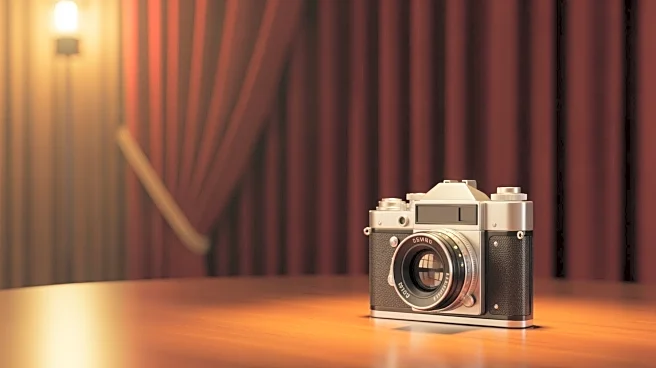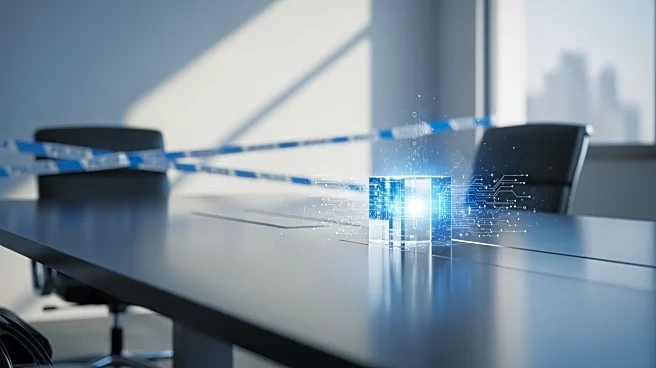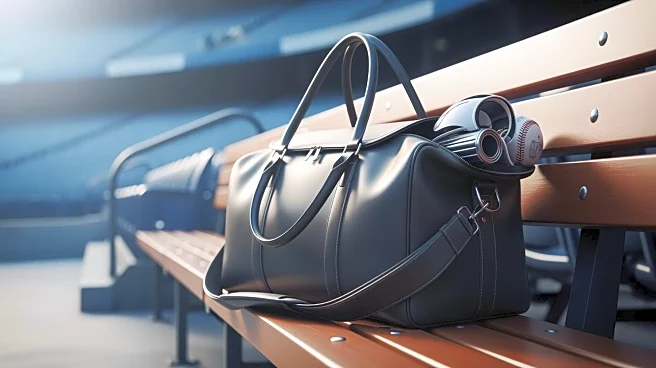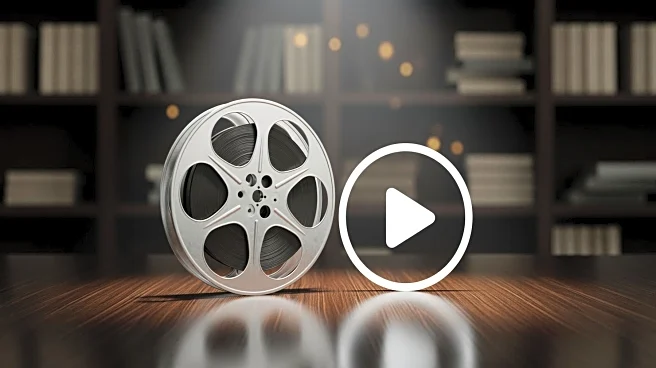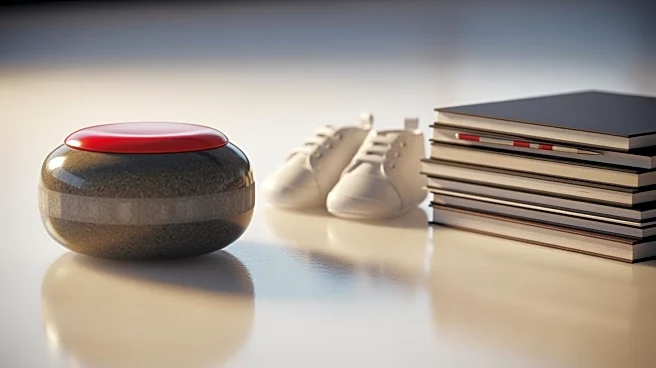What's Happening?
OpenAI is set to introduce new copyright controls in its video app, Sora, following feedback from Hollywood studios and agencies. Initially, Sora required studios to opt out if they did not want their intellectual property included in AI-generated videos. However, OpenAI CEO Sam Altman announced plans to shift to an opt-in model, allowing copyright holders more control over the use of their characters. This change comes as Sora, despite being invite-only, has quickly gained popularity on the App Store. The app's unique feature allows users to upload biometric data to create digital likenesses in AI-generated videos, which has led to the creation of videos featuring popular characters without explicit permission from rights holders.
Why It's Important?
The introduction of opt-in copyright controls in Sora is significant for the entertainment industry, as it addresses concerns about unauthorized use of intellectual property. This move could set a precedent for how AI-generated content is managed, potentially influencing future policies and practices in digital media. By allowing rights holders to specify how their characters can be used, OpenAI aims to foster a new form of 'interactive fan fiction' that could enhance engagement and create new revenue streams. This development highlights the ongoing tension between technological innovation and intellectual property rights, with potential implications for content creators, studios, and legal frameworks.
What's Next?
OpenAI plans to implement these changes soon, with further details on video monetization to be announced. The company is exploring ways to generate revenue from video creation, possibly sharing profits with rights holders. As the app evolves, stakeholders in the entertainment industry will likely monitor its impact on copyright law and digital content creation. The response from studios and agencies will be crucial in shaping the future of AI-generated media, as they balance the benefits of increased engagement with the need to protect their intellectual property.
